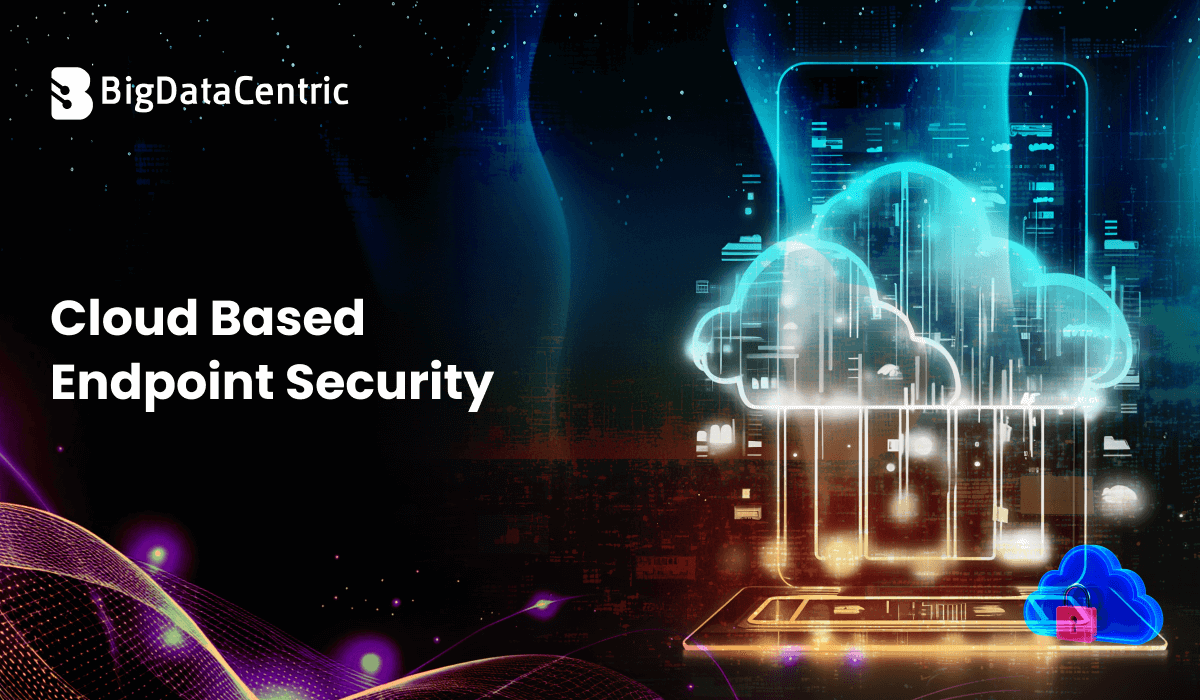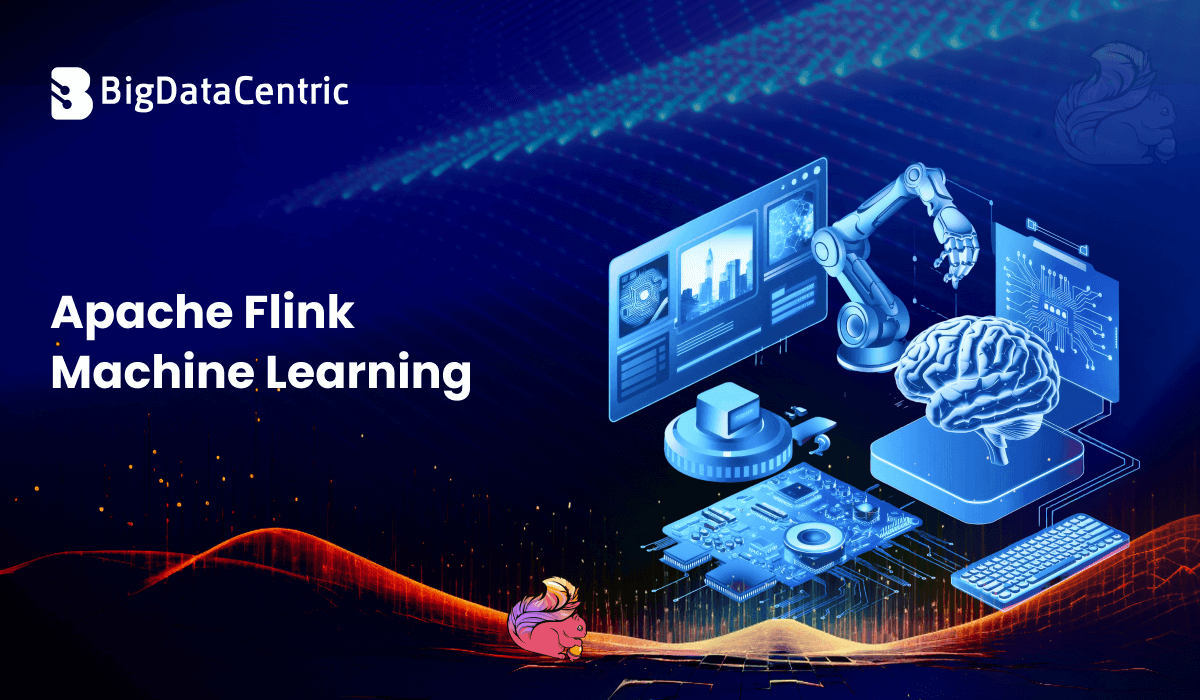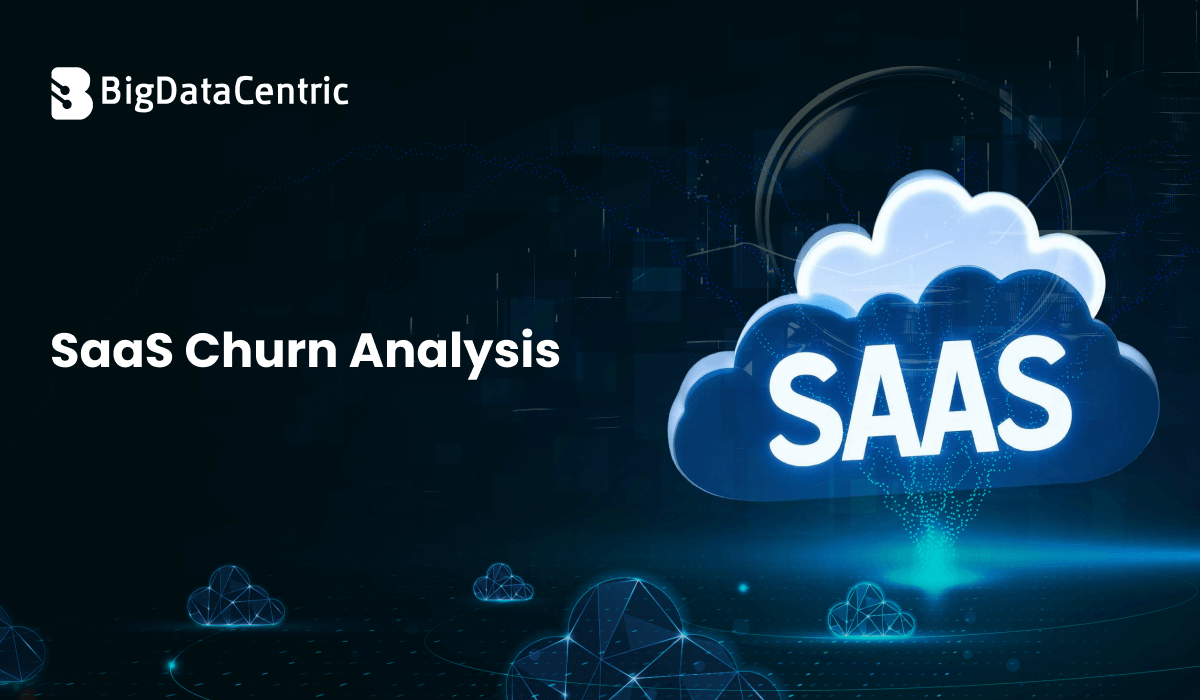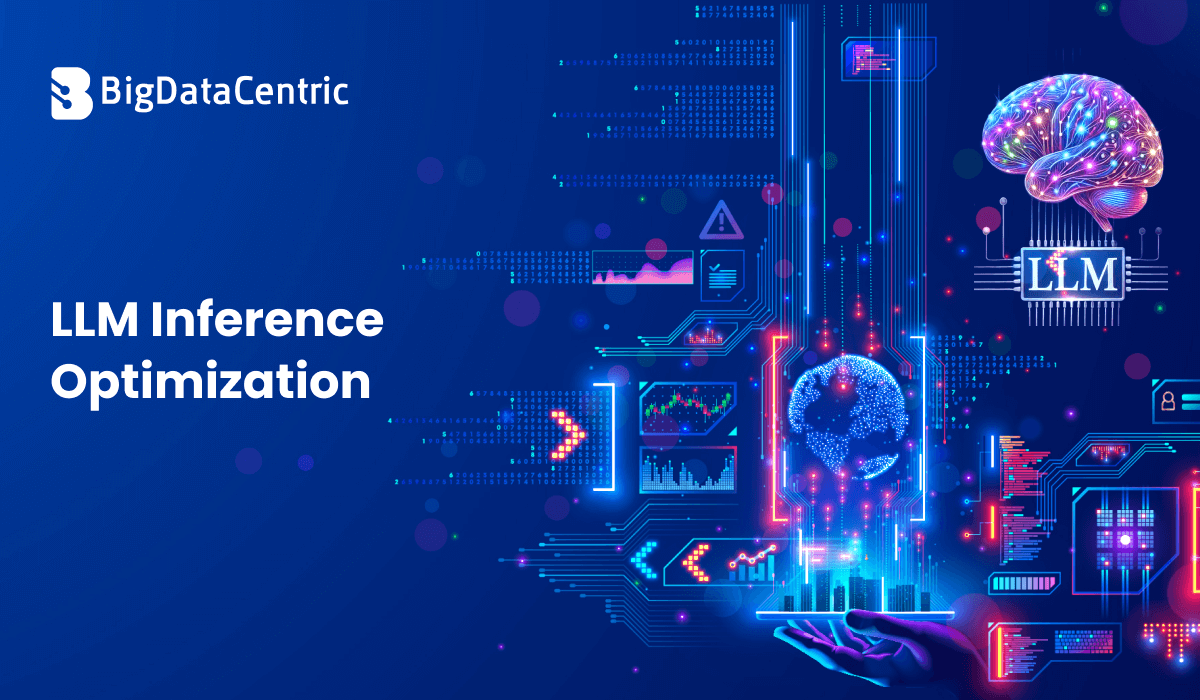Get in Touch With Us
Submitting the form below will ensure a prompt response from us.
In today’s digital-first world, the traditional workplace perimeter no longer exists. Employees access corporate data from laptops, smartphones, tablets, and IoT devices — often from outside secure office networks. This creates a huge challenge for IT teams: how to secure every endpoint without slowing down business operations? The answer lies in cloud-based endpoint security.
What Is Cloud Based Endpoint Security?
Cloud based endpoint security is a cybersecurity model that shifts device protection from local, on-premise servers to cloud-hosted platforms.
Instead of depending solely on installed antivirus software, devices connect to a centralized cloud environment where security policies, threat intelligence, and monitoring are applied in real time.
It protects endpoints like:
- Laptops and desktops
- Smartphones and tablets
- Virtual desktops (VDI)
- Servers and IoT devices
How Does Cloud Endpoint Security Work?
The main advantage is centralized control. Security teams can define and enforce policies remotely, ensuring every endpoint complies with organizational standards.
A simplified workflow looks like this:
- Device Registration → Endpoints connect to a security agent.
- Threat Detection → Suspicious behavior is monitored using AI/ML.
- Real-Time Alerts → Security teams get instant notifications.
- Automated Response → Malware is quarantined or blocked without user intervention.
Example: Policy Enforcement in JSON
{
"policy": {
"encryption": true,
"firewall_enabled": true,
"auto_patch": "daily",
"block_usb_storage": true
}
}
Key Features of Cloud-Based Endpoint Security
Real-Time Threat Intelligence
Threat databases are constantly updated in the cloud, protecting endpoints from the latest malware and ransomware.
AI and Machine Learning
Modern machine learning solutions are to detect zero-day attacks that signature-based antivirus may miss.
from sklearn.ensemble import IsolationForest
model = IsolationForest()
model.fit(device_logs)
suspicious = model.predict(new_logs)
Remote Management
Admins can monitor, patch, and respond to threats across thousands of devices — without requiring them on the same network.
Scalability
Adding new devices is easy — ideal for remote and hybrid workforces.
Benefits of Cloud Based Endpoint Security
- Anywhere, Anytime Protection: Devices stay secure on or off the corporate network.
- Cost-Efficiency: No need for heavy on-prem hardware.
- Faster Deployment: New users and devices are onboarded quickly.
- Centralized Reporting: Unified dashboards show threats across all endpoints.
Challenges to Consider
While cloud based endpoint security offers robust advantages, organizations should be aware of:
- Internet Dependency → Continuous connectivity is required.
- Vendor Lock-In → Switching platforms may be complex.
- Data Compliance → Must align with GDPR, HIPAA, and other regulations.
Popular Cloud Endpoint Security Solutions
Some leading providers include:
- Microsoft Defender for Endpoint (Cloud)
- CrowdStrike Falcon
- SentinelOne Singularity
- Palo Alto Networks Cortex XDR
Each platform has strengths, from AI-powered analytics to deep integration with enterprise ecosystems.
Future of Endpoint Security
With remote work becoming the norm, endpoint security will continue to move towards cloud-native, AI-driven platforms. Future trends include zero trust architecture, behavioral analytics, and deeper integration with SIEM and SOAR tools.
Protect Devices Anywhere, Anytime
Adopt advanced cloud based endpoint security for real-time monitoring, malware prevention, and zero-day attack defense.
Conclusion
Cloud based endpoint security is no longer optional — it’s a necessity for modern businesses. By leveraging real-time threat intelligence, AI-based anomaly detection, and centralized cloud management, organizations can secure every device in their network.
Whether your workforce is fully remote, hybrid, or office-based, cloud endpoint security provides the flexibility, scalability, and protection required to stay ahead of cyber threats.













